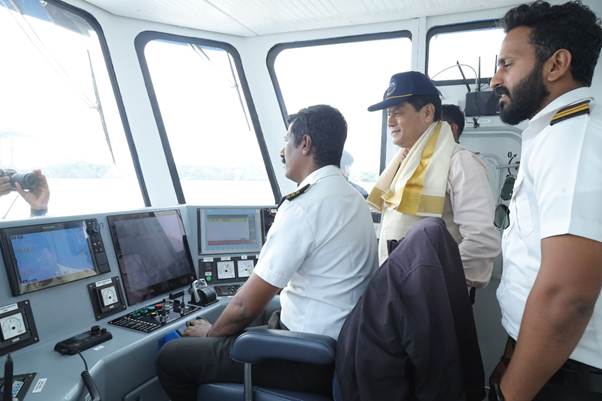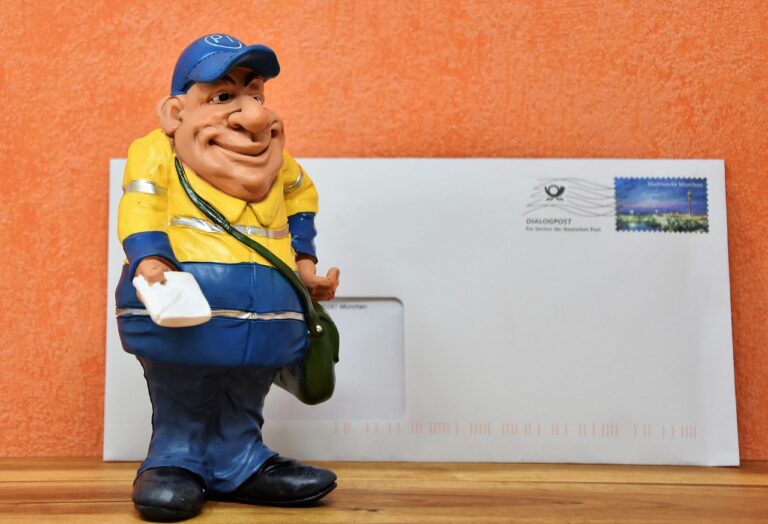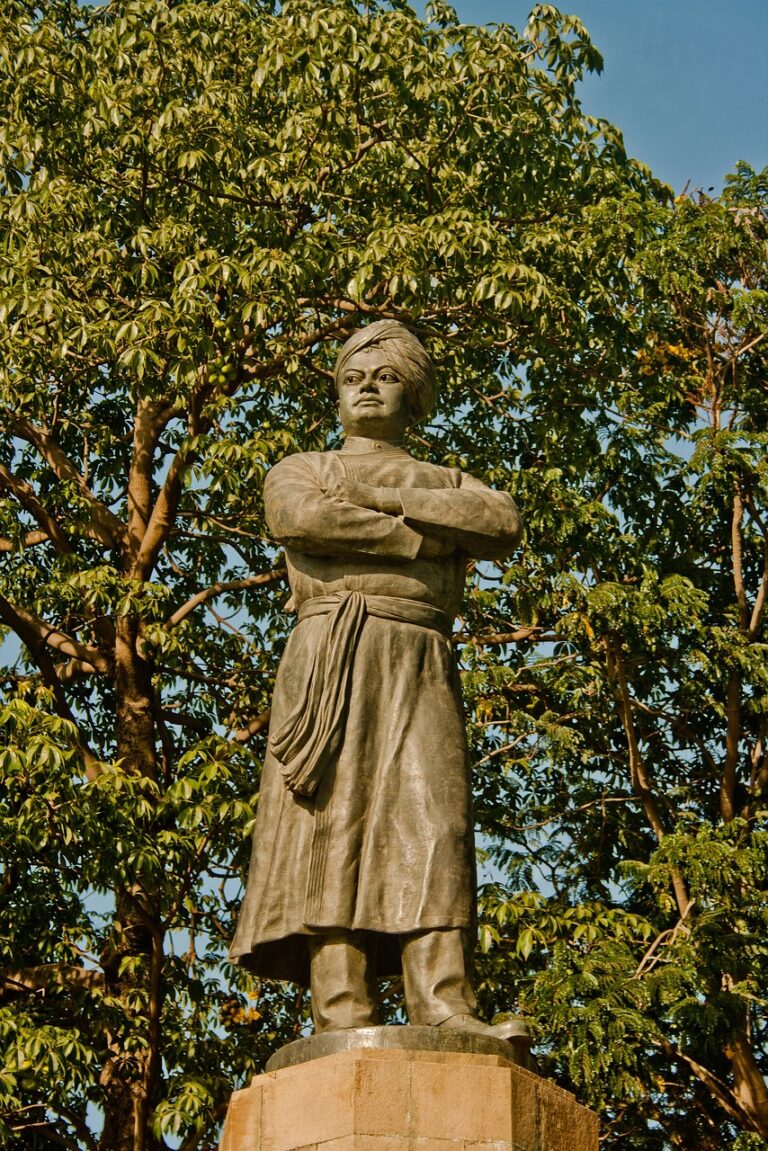
Kochi: Union Minister of Ports, Shipping and Waterways Sarbananda Sonowal today took a ride on the Kochi Water Metro, sparking plans to explore its replication across 24 Indian cities, including Guwahati, Dibrugarh, and Tezpur in Assam. The Ministry has greenlit technical feasibility studies to assess the potential of this water-based transit system, with findings set to guide an execution plan. The visit showcased the operational success of Kochi’s pioneering project and its role as a blueprint for sustainable urban mobility.
Sonowal boarded the Water Metro at High Court Junction terminal, travelling to Fort Kochi and Vypeen before looping back. Joined by senior officials like Joint Secretary Sri Nath, Loknath Behera (Managing Director of Kochi Metro Rail Ltd.), and B. Kasiviswanathan (Chairperson of Cochin Port Trust), he reviewed the system’s integration with Kochi’s transport network. The route highlighted terminals linking key city points, offering a glimpse into how water travel could ease road congestion elsewhere.
The Minister praised the Kochi model, saying, “The success of the Kochi Water Metro is a shining testament to India’s ability to blend tradition with innovation. It demonstrates how clean, comfortable, and efficient water-based transport can transform the way people commute in urban spaces.”
The Kochi Water Metro, India’s first such initiative, connects urban areas via waterways, aiming to cut pollution and provide last-mile connectivity. Sonowal elaborated, “This initiative will pave the way for a modern and sustainable public transport system that not only reduces traffic congestion and pollution but also reconnects our people with the country’s historic waterways.” He pointed to its use of cutting-edge technology, safety protocols, and commuter amenities, which ensure efficient travel. In the visitor’s book, he wrote that the service is “unique” and “makes a real difference to water travel—more exciting, comfortable, and enjoyable.”
The Ministry’s approval of feasibility studies marks a push to scale this model nationwide. The 24 cities, including Assam’s Guwahati, Dibrugarh, and Tezpur, will undergo assessments to determine if their waterways can support similar systems. Sonowal linked the expansion to India’s civilisational legacy of river navigation, saying, “The Water Metro concept is designed to meet the demands of today—with cutting-edge technology, top-notch safety protocols, and commuter-friendly amenities that make every journey efficient and enjoyable.” The goal is to boost connectivity and promote green transit in urban centres.
Accompanying Sonowal were Dr. Divya S. Iyer (Managing Director of Vizhinjam International Seaport), directors of Kochi Metro Rail Ltd., the Chief Operating Officer of Kochi Water Metro Ltd., and Dr. K K Nath (Advisor, Inland Waterways Authority of India). Their presence underscored the collaborative effort behind the project, which integrates water transport with Kochi’s metro system. The minister’s review highlighted its potential to set a precedent, with the studies poised to shape how India’s rivers are harnessed for public use.
Sonowal tied the initiative to national priorities: “The Water Metro is a testament to this transformation—it provides an economical, comfortable, environmentally friendly, and modern travel experience that reflects the government’s commitment to green and inclusive growth.” He added, “The expansion of Water Metro services aims to provide last-mile connectivity, ease of travel, and an environmentally friendly alternative to traditional transport—setting the stage for a greener and more inclusive future of urban mobility in India.” The studies will now determine if this vision can flow beyond Kochi’s shores.
With the Kochi Water Metro already operational, the focus shifts to the technical feasibility of replication. The Ministry’s plan hinges on data from the 24-city study, ensuring decisions rest on practical groundwork. For now, Kochi’s waterways offer a working example, ferrying passengers while hinting at a broader shift in how India navigates its urban challenges.
– global bihari bureau






